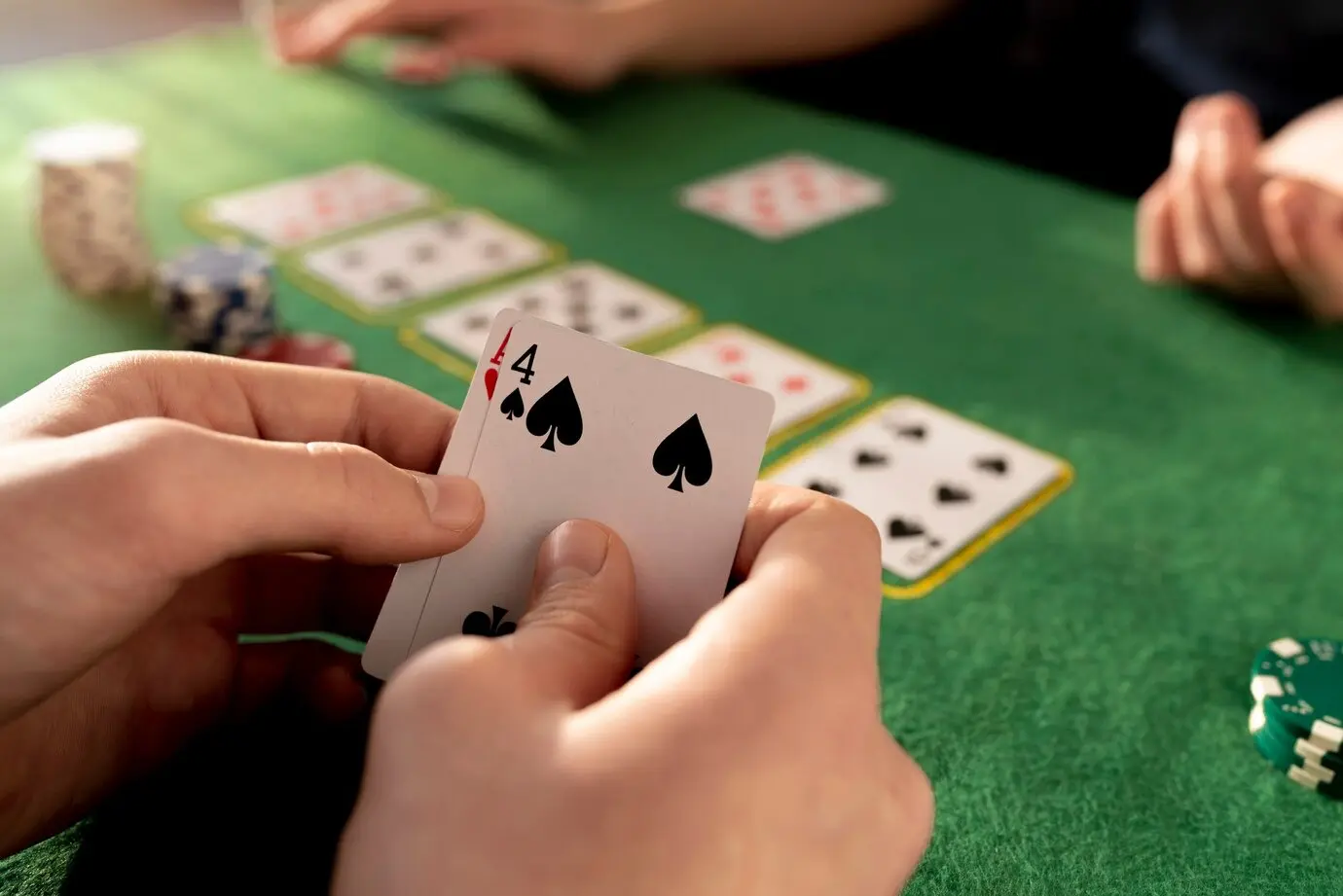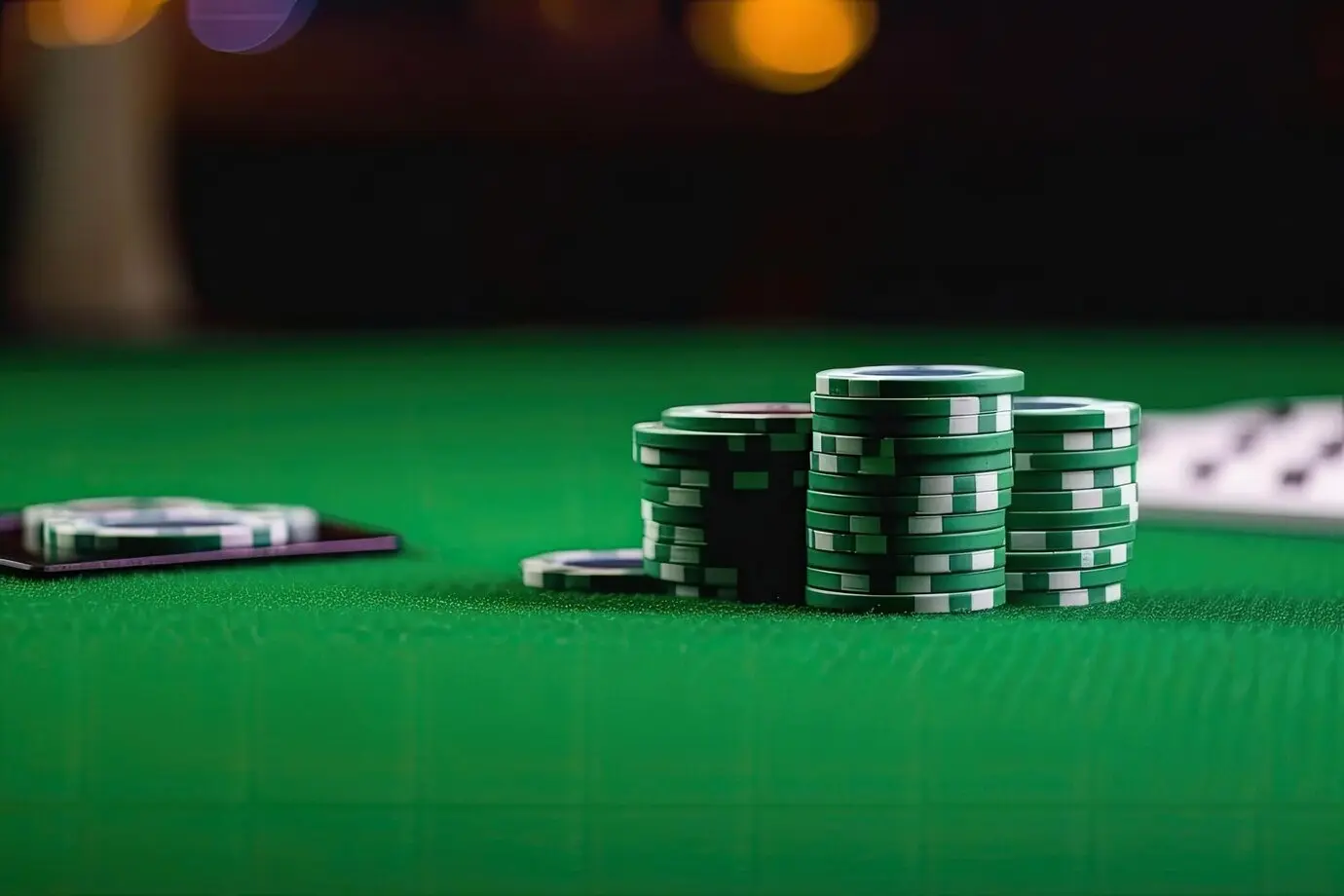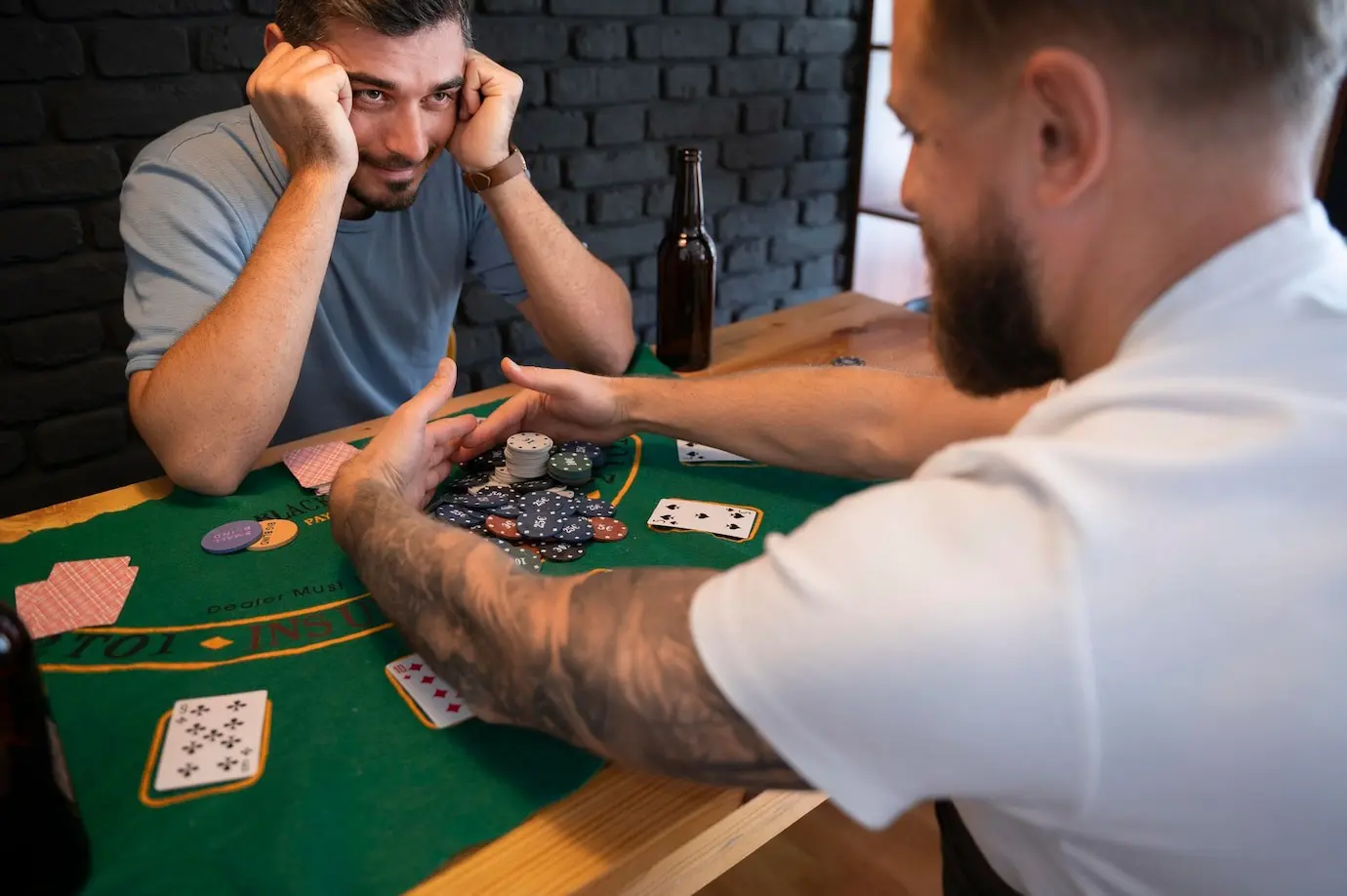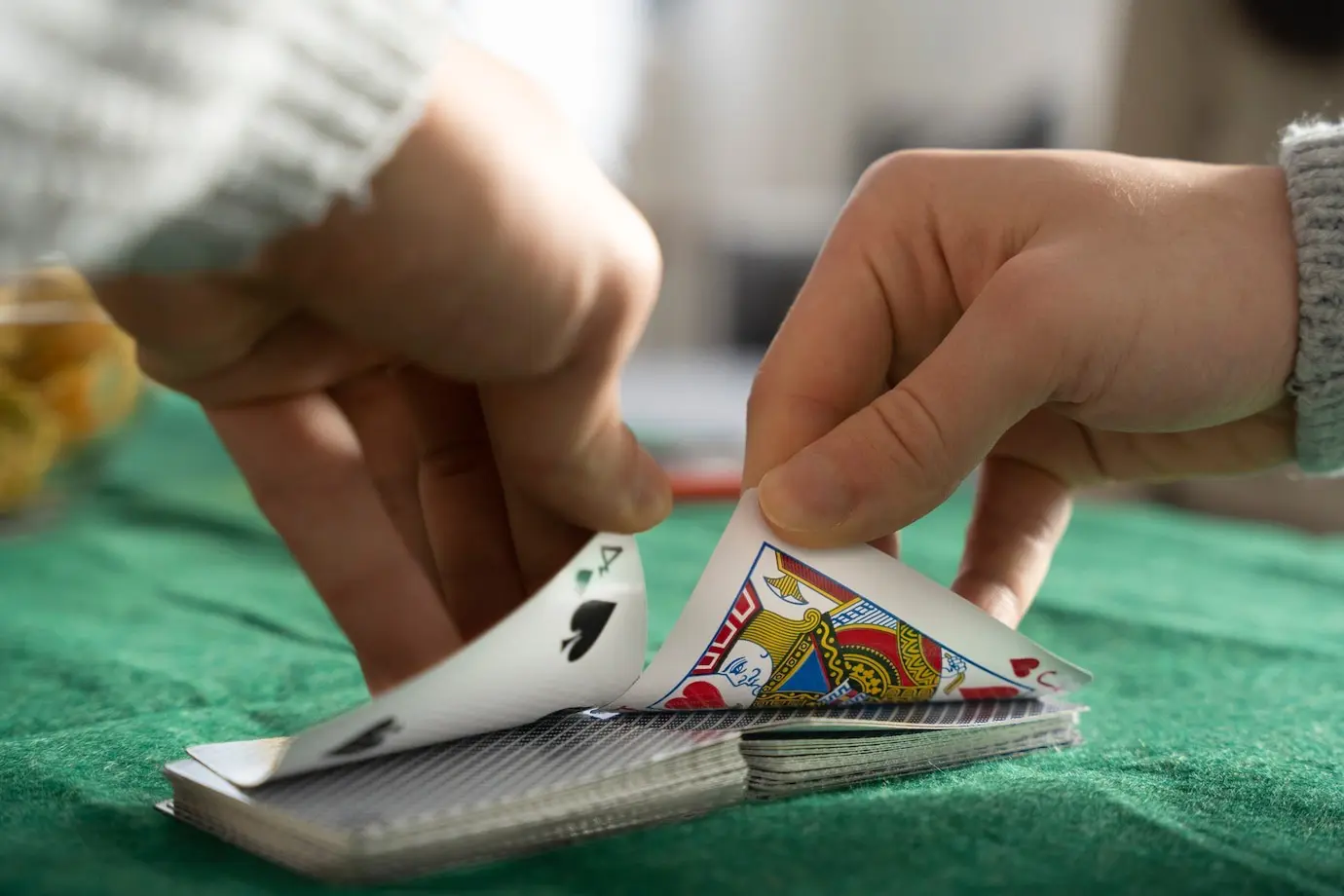
When stepping into the electrifying atmosphere of a casino, you’re confronted with a myriad of decisions, each with the potential to drastically alter the outcome of your evening. Among these choices, the option to take insurance in blackjack often stands out as a moment of particular intrigue and confusion for many players.
But is this widely discussed option truly a wise bet, or merely a siren call leading unwary gamblers to their financial shipwreck? This comprehensive exploration seeks to demystify the concept of blackjack insurance through the lens of expert opinions, offering valuable insights that promise to enlighten both novices and seasoned players alike.
Understanding Blackjack Insurance
At its core, BlackJack insurance is a side bet offered to players when the dealer’s upcard is an Ace, providing an opportunity to hedge against the risk of the dealer having a blackjack. For a price of half the original bet, players can potentially receive a 2:1 payout, effectively breaking even if the dealer reveals a blackjack. This option tempts many players into thinking they’re making a savvy defensive play, but the reality of its value is more complex.
The allure of insurance stems from its promise of safety in the face of uncertainty. However, a deeper mathematical analysis reveals that the bet is not as favorable as it first appears. The true odds of the dealer turning over a ten-value card to complete blackjack are 9:4. Given these odds, the house edge on the insurance bet can climb significantly higher than the base game, often reaching upwards of 7%.
Expert Opinions on Blackjack Insurance

Professional blackjack players, armed with an intimate knowledge of the game’s intricacies, tend to view insurance bets with a critical eye. Many experts argue that taking insurance detracts from the optimal strategy of playing each hand on its own merits. They contend that, in the long run, insurance bets increase the overall house edge against the player, making them less profitable than they might seem at first glance.
From the casino’s point of view, offering insurance is a strategic decision designed to increase its advantage and overall profitability. Casinos market this bet as a safety net, appealing to the natural aversion to loss that many people experience. This psychological angle plays a significant part in why this option is so prominently featured in blackjack.
Making an Informed Decision
Given the expert analysis, there are limited circumstances under which taking insurance might make sense for a player. If you’re an adept card counter who can accurately assess the composition of the deck and deduce a greater probability of a dealer blackjack, insurance could theoretically offer value. However, this requires a level of expertise and concentration that is beyond casual play.
Experts consistently recommend that players focus on mastering basic blackjack strategy as the most effective way to reduce the house edge. This involves understanding when to hit, stand, double down, and split, without being swayed by the allure of side bets like insurance. By sticking to these fundamentals, players can enjoy a more favorable gaming experience over the long term.
The Psychological Appeal of Insurance

The decision to take insurance in blackjack often transcends pure mathematics, tapping into the psychological fabric of the player. Many opt for it under the guise of caution, driven by the fear of losing their initial bet to a dealer’s blackjack. This emotional response is a testament to the human tendency to avoid loss at all costs, even when the strategic choice would be to embrace risk.
The psychological comfort of potentially safeguarding one’s stake in the face of apparent danger can be compelling, illustrating why the insurance bet remains popular despite its statistical disadvantage.
Risk aversion plays a significant role in gambling behavior, influencing decisions in ways that often contradict optimal strategy. The insurance bet in blackjack is a prime example of how casinos exploit this trait, presenting a safety net that seems rational through a risk-averse lens.
However, this inclination towards minimizing perceived risk neglects the long-term perspective, where accepting calculated risks can lead to more favorable outcomes. Understanding one’s own psychological biases towards risk can help players make more informed decisions, potentially curbing the instinct to automatically opt for insurance.
The Impact of Card Counting on Insurance

Card counting stands as a notable exception to the general advisability against taking insurance. For those skilled in this strategy, the composition of the deck can signal when the odds shift in favor of the bet. By keeping track of the high and low cards that have been played, card counters can estimate the likelihood of a dealer’s blackjack with greater accuracy, making insurance a potentially profitable bet under specific conditions. This level of play requires a deep understanding of the game’s mechanics and a disciplined approach to betting.
While card counting can tilt the balance of the game, it also brings its own set of challenges and controversies. Casinos are well aware of this strategy and often take measures to counteract its effectiveness, including banning players suspected of counting cards.
Furthermore, the mental demands and necessary attention to detail make card counting a strategy that is not feasible for the average player, limiting its applicability as a general recommendation for taking it. The debate around card counting underscores the complexities of blackjack strategy and the ongoing battle between players and casinos for an edge.
Conclusion
The question of whether blackjack insurance is a good bet does not have a one-size-fits-all answer, but the consensus among experts leans towards a resounding “no” for most players. The seductive promise of insurance as a safeguard against dealer blackjack is largely illusory, masking a bet with a high house edge that tends to diminish player profitability over time.
By demystifying the concept of insurance and highlighting its statistical underpinnings, this exploration aims to empower players with the knowledge to navigate the complexities of blackjack more effectively. Remember, in the world of casino gaming, informed decisions are your best bet.












